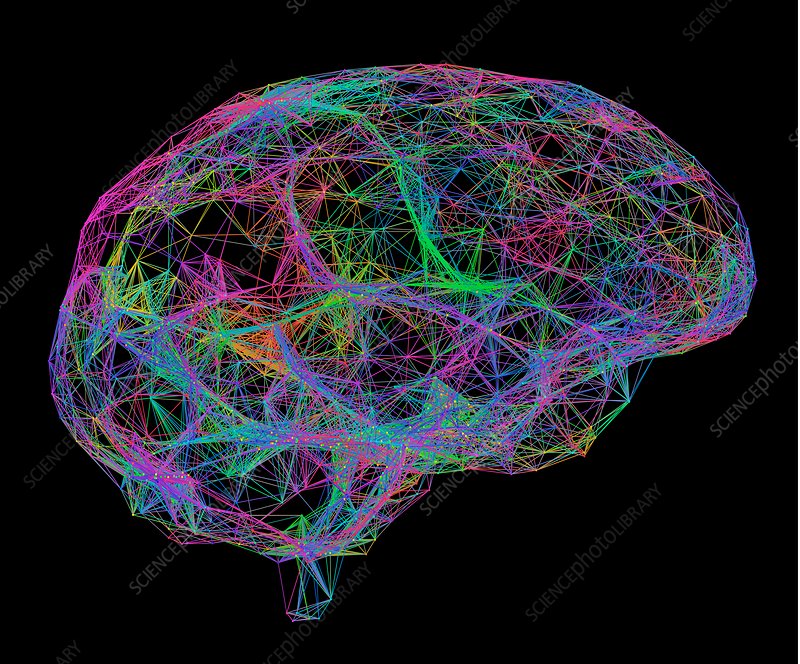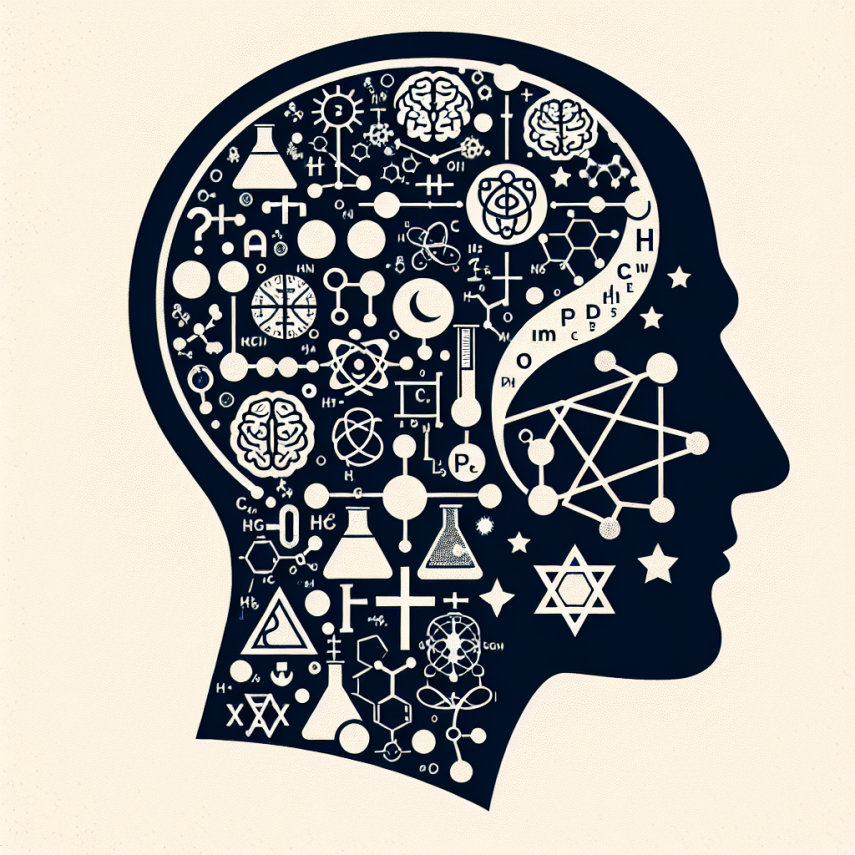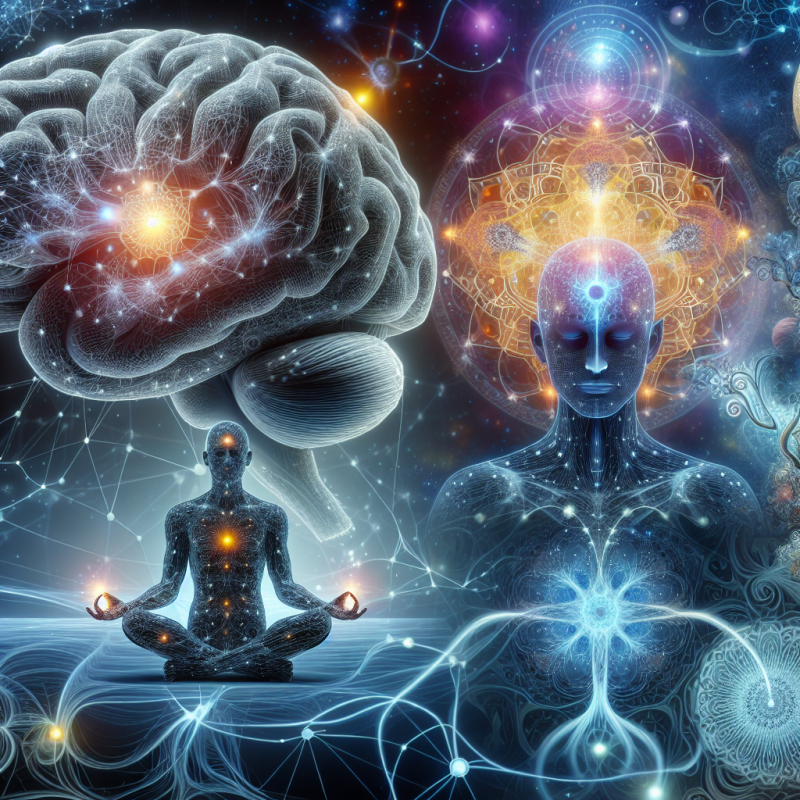Exploring Consciousness: Bridging Science and Faith in Understanding the Mind
Our understanding of consciousness has long been a subject of debate, particularly when we attempt to bridge the gap between science and faith. In my journey exploring the intricate relationship between these realms, especially through my background in technology and spirituality, I’ve found that discussions around consciousness offer rich insights into both the human mind and our understanding of divine creation. Consciousness, as both a scientific puzzle and a deeply personal experience, touches on fundamental questions of existence, personhood, and ultimately, our relationship with God.
Consciousness: The “Hard Problem”
One of the key challenges in the philosophy of mind, as often discussed in scientific circles, is the problem of explaining subjective experience—the so-called “hard problem” of consciousness. How do we reconcile the first-person experiences such as thoughts, sensations, and emotions (what it’s like to be “you”) with third-person scientific observations of the brain’s physical processes? This dilemma has evoked a variety of views, none of which seem to completely satisfy both the scientist and the person of faith.
In my own journey, I’ve grappled with similar questions. As a Christian, I believe that each person is uniquely crafted in the image of God, imbued not just with physical, measurable processes but with individual soul and spirit. Yet, my professional background, especially in artificial intelligence, often pushes me to ask: can the intricate algorithms and neural networks we build ever replicate something as fundamentally human as consciousness?
The Limits of Reductionism
One prominent view in the scientific study of consciousness is physicalist anti-reductionism. Many philosophers assert that while mental states depend on physical processes in the brain, you cannot completely reduce the mind to these processes. This concept resonates deeply with Christian theology. Our faith posits that the human being is both physical and spiritual; we cannot merely be reduced to the sum of our parts. Just as we resist reducing faith to purely rational arguments, attempting to fully explain consciousness through neuroscience or molecular biology alone seems incomplete.
This dovetails with one of the past articles discussed on this blog, “Free Will and Moral Responsibility: Bridging Neuroscience and Christian Theology”. There too, we see the intersection of science and faith, and the limitations each domain faces in fully explaining the human experience.
The Role of First-Person Experience
Perhaps the most profound contribution of faith to the conversation on consciousness is the emphasis on first-person experience—the unique perspective each person has on their own mind. Philosophers have long debated whether the first-person view of consciousness or the third-person scientific perspective holds more weight. From a Christian perspective, the first-person encounter with God, with faith, and with one’s own spiritual journey offers a kind of knowledge that cannot be empirically measured. When I personally faced severe illness, it was not medical explanations that provided comfort; it was my experience of God’s peace—a deeply personal, first-person revelation that transcended the physical.
In the philosophy of mind, this interplay between the subjective and the objective is akin to the tension between faith and reason. As discussed in a previous blog entry, “The Power of Good Explanation: Bridging Faith and Science”, understanding does not come solely from empirical evidence but also through significant qualitative experiences that shape our perception of reality.
Science, Faith, and Human Consciousness
What science can contribute here is the acknowledgment that while physical processes like neurochemistry and cognitive functions underpin consciousness, they do not fully explain the richness of conscious experience. Neuroscience may advance to the point where it explains how different brains respond to stimuli, but the fact remains that no theory yet explains the experience—why I experience things the way I do and no one else does quite the same.
In parallel, Christian theology emphasizes that the mind, heart, soul, and spirit are inseparable parts of what makes us human. We are called not just to understand God intellectually but to experience Him, personally and relationally. Just as science stands at the precipice of fully understanding consciousness, faith brings us into a deeper, experiential knowledge of our Creator that transcends purely rational explanation.
A Hopeful Intersection: The Path Forward
While debates around consciousness may seem to represent a division between faith and science, I am hopeful that these domains will ultimately converge in unexpected ways. The philosophy of biology, for example, has provided insights into other complex scientific questions, such as the debate over the reducibility of genes to mere molecular components. These lessons offer us hope that we may, in time, bridge the gap between cognitive psychology and neuroscientific observation, although the spiritual dimension of a person will, by its nature, remain distinct.
| Aspect | Science’s View | Faith’s View |
|---|---|---|
| Explanation of Consciousness | Relies on neurochemistry and physical processes, still doesn’t fully explain subjective experiences | Mind, spirit, and soul are integral and surpass material explanation |
| Focus of Study | Third-person observations, objective data | First-person experiences, personal revelations and relationship with God |
This dual perspective encourages us to navigate life’s greatest mysteries with honesty and humility, acknowledging that both science and faith offer tools for understanding human consciousness. As someone working in technology, I am particularly fascinated by this intersection. I have seen how complex systems, be they in AI or biology, operate with incredible precision and intelligence. Yet, as much as we strive to model natural phenomena, the deepest avenues of our personhood defy complete analysis. Consciousness—the very experience of reality—remains a domain where both faith and scientific inquiry find themselves intrigued yet humbled.
Conclusion: A Journey of Continuous Learning
Whether through science or through faith, the journey toward understanding consciousness is far from over. We may never be able to fully grasp the entirety of what it means to be human on a scientific level, but perhaps that is the point: our existence is a divine mystery, one that invites both intellectual pursuit and spiritual surrender.
In reflecting on my experiences, both personal and professional, I have come to realize that no single framework—be it scientific or theological—can unlock the totality of human consciousness. But in exploring their intersections and respecting their limits, we uncover a deeper appreciation for the complex, wondrous nature of our being. Consciousness, like life itself, is a gift—one that challenges and edifies us at every turn.
Focus Keyphrase: Understanding Consciousness






Consciousness is such a deeply complex topic that seeks to unite what we know scientifically with the profound mysteries offered through faith. Both perspectives drive us toward humility and wonder.
I found the exploration of consciousness from both scientific and spiritual perspectives intriguing. While I lean towards evidence-based reasoning, I appreciate the acknowledgment of the limits of purely scientific approaches.